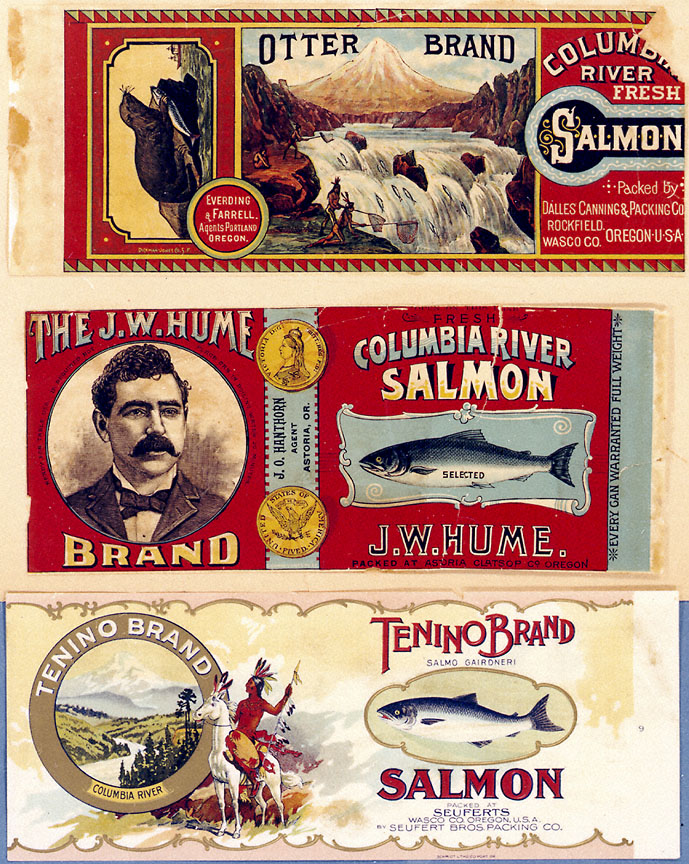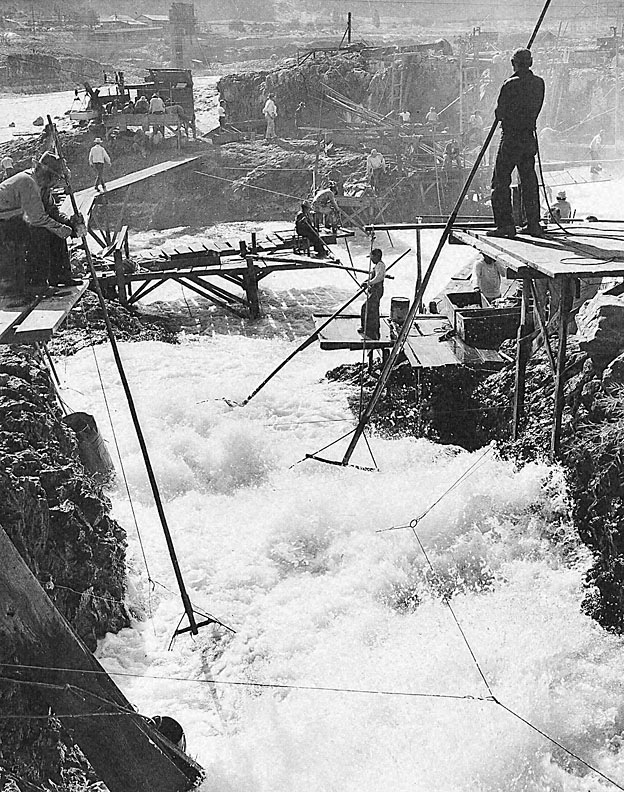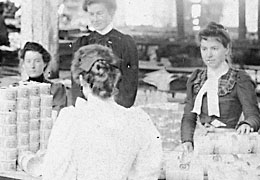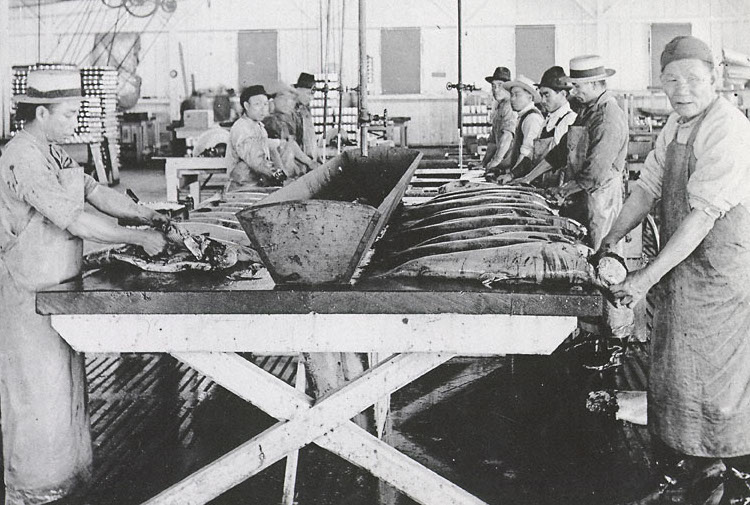“Canneries on the Columbia” is a bit different from the other narratives you’ll find in the Oregon History Project. The focus here is on methodology and the ways we think about the past. Historian Elliott West, Distinguished Professor of History at the University of Arkansas and an accomplished historian of the American West, introduces essays by four historians who offer different interpretations of canneries on the Columbia River. Katrine Barber, Associate Professor of History at Portland State University, connects the canneries to Native American culture. Chris Friday, Professor of History at Western Washington University, considers canners in the context of gender. Ellen Eisenberg, the Dwight and Margaret Lear Chair in American History at Willamette University, discusses race and ethnicity in the canneries. Joseph Taylor III, Professor of History at Simon Fraser University, focuses on the environmental history of the canneries. These historians, in one way or another, make reference to the New Western History, which retells the story of the American West by emphasizing the continuity of change over time, the diversity of cultures,the importance of place, and the role of conflict in shaping social conditions.
Introduction

The New Western History is not that new anymore. Nonetheless, this collection of images and documents and its accompanying essays on Columbia River canneries remind me that simply looking at underexamined areas of the West—as …
It is astonishing the number of salmon which ascend the Columbia yearly and the quantity taken by the Indians....The Indians are quite expert in taking them.—Elkanah Walker to Rev. David Greene, 1839
While different bands of people in the area took salmon using many different technologies, generally men did the harvesting and women the preparation of salmon for consumption and trade. This division of labor was not …
Despite the embrace of ethnic heritage in late twentieth and early twenty-first century celebrations of cultures and traditions, ethnic labels have more often been a source of exclusion than acceptance in American history.
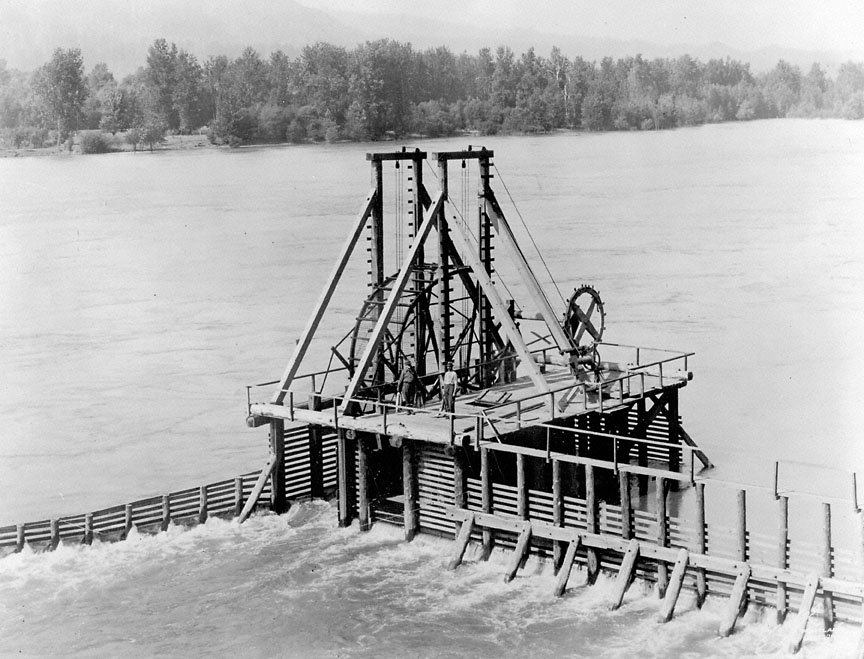
Fishwheel
Old photographs and rotten piers of Columbia River canneries have become monuments to a lost era. They stand as symbols of ethnic communities, gritty laborers, industrial efficiency, and profligate waste, yet they also represent a …
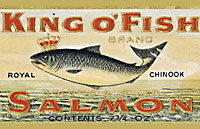
“King o’ Fish” BrandSalmon Can Label Mss 1102-1
